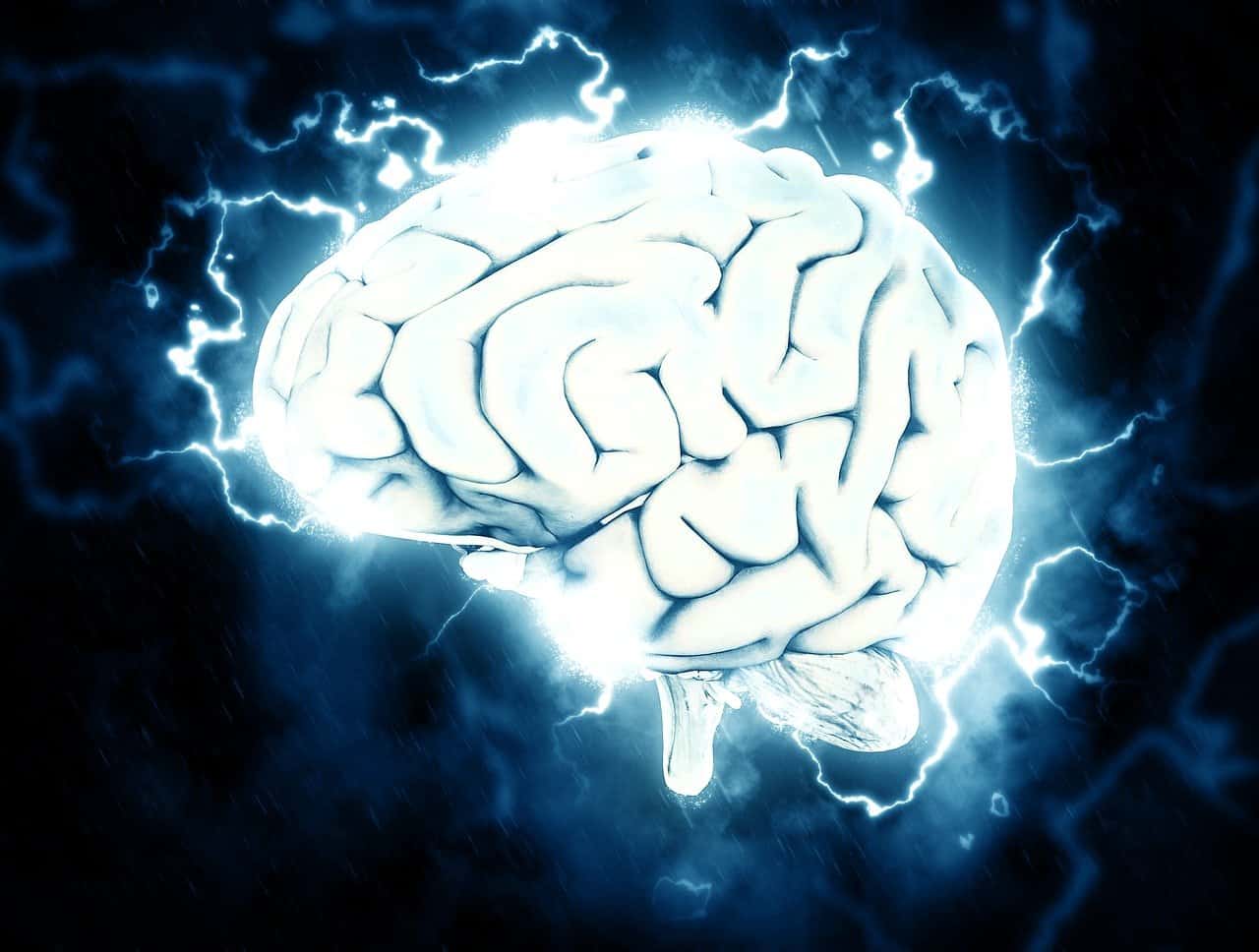
Expert Tips on How to Manage a Migraine
With June being National Migraine and Headache Awareness Month, we thought it appropriate to explore ways to better manage these unfortunate occurrences. Usually, a migraine or headache does not signal something serious, even though they are unpleasant, and in the case of migraines, debilitating. Other times, they do signal something more serious going on. It’s important to keep a journal and track the frequency of your headaches and migraines to get a clearer picture of what’s going on. Many people in Alameda and elsewhere require skilled nursing services to manage their headaches and migraines while under our care.
The headache, migraine, and cluster communities work together to increase awareness throughout National Migraine & Headache Awareness Month, for which this year’s theme is Educate Yourself, Educate Others. We will try to do that here as well.
Migraine: Defined
First off, what is a migraine? You may assume it’s just a bad headache, but there’s more to it than that. A migraine is indeed a type of headache but this headache often causes a pulsing sensation or severe throbbing pain, usually just on one side of the head. It can be accompanied by vomiting, nausea, and extreme sensitivity to sound and light, which is why many migraine sufferers have to lie down in a dark, quiet room to get rid of the pain. Migraine attacks can last a couple of hours or several days, and sometimes the pain can interfere with daily activities, points out the Mayo Clinic.
Some people get a warning, or aura, before a migraine comes on that can include visual disturbances like blind spots or flashes of light, difficulty speaking, or tingling in the arm or leg or even on one side of the face. Medications are often used to treat migraines, accompanied by self-help remedies or lifestyle changes.
How to Get Rid of Migraines
There are many things you can do to ease a migraine when it sets in, or even prevent it from occurring in the first place.
- Rest in a Dark, Quiet Room: As said above, light and sound can worsen migraines. One study says that the pain caused by light is associated with a cluster of light-sensing cells in your eye known as intrinsically photosensitive retinal ganglion cells, or ipRGCs, which maintain sleep-wake cycles and the pupil’s response to light. The ipRGCs and pain-transmitting cells are activated for many minutes at a time when exposed to light, which is why lying down in a dark, quiet room helps lessen migraines after 15 to 20 minutes.
- Apply a Warm or Cold Compress: You can put a hot or cold compress on your forehead or back of the neck, whichever you prefer. Cold is usually better because it has a numbing effect that distracts the brain, but heat can also be used to relax tense muscles. Try a warm bath or shower as well.
- Stay Hydrated: One in three migraine sufferers is triggered by dehydration. Prevent attacks by staying hydrated and drinking plenty of water. And if you feel a migraine about to set in, chug a large glass of water to help shorten the duration of the attack.
- Get a Massage: This will relax muscles and reduce stress. This works for many people, but for others who are sensitive to touch during migraine attacks, this can make things worse.
- Meditate: Stress is a trigger for many with migraines, so it makes sense that mindfulness activities can ease stress and better manage migraine pain.
- Sniff Lavender: The scent of lavender has been known to have a calming effect on those with migraines, specifically lavender oil. One study showed that migraine sufferers who inhaled lavender oil for just 15 minutes experienced a less severe attack than those who didn’t.
- Exercise: While exercising during a migraine can worsen the pain, exercising between attacks can reduce the number of migraines you experience. Regular exercise also helps you sleep better and reduce stress. Specifically, you may want to engage in yoga for even more stress management. Not only can yoga relieve migraine symptoms, it can alleviate anxiety, stress, and depression, which can all worsen migraine episodes.
- Get Acupressure: This involves the application of pressure to specific parts of your body. The stimulation of these points is believed to alleviate pain.
- Change Your Diet: Switching up your diet may prevent migraines. That’s because certain foods can be migraine triggers in some people, such as processed meats, chocolate, caffeine, and alcohol. To identify your unique triggers, keep a food diary so you can track your food consumption with the timing of migraines.
- Try Ginger: Consuming ginger powder is believed to be safe and effective in the treatment of migraines, significantly reducing pain after two hours. Ginger can also help relieve nausea and vomiting. Always ask your doctor before consuming anything new.
Contact Pathways Home Health and Hospice
To learn about how our skilled nursing services can help you or a loved one manage headaches and migraines, contact us at 888-978-1306.

